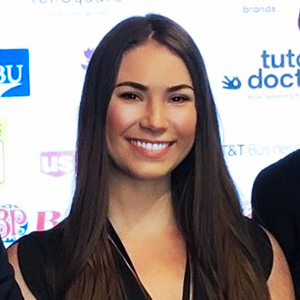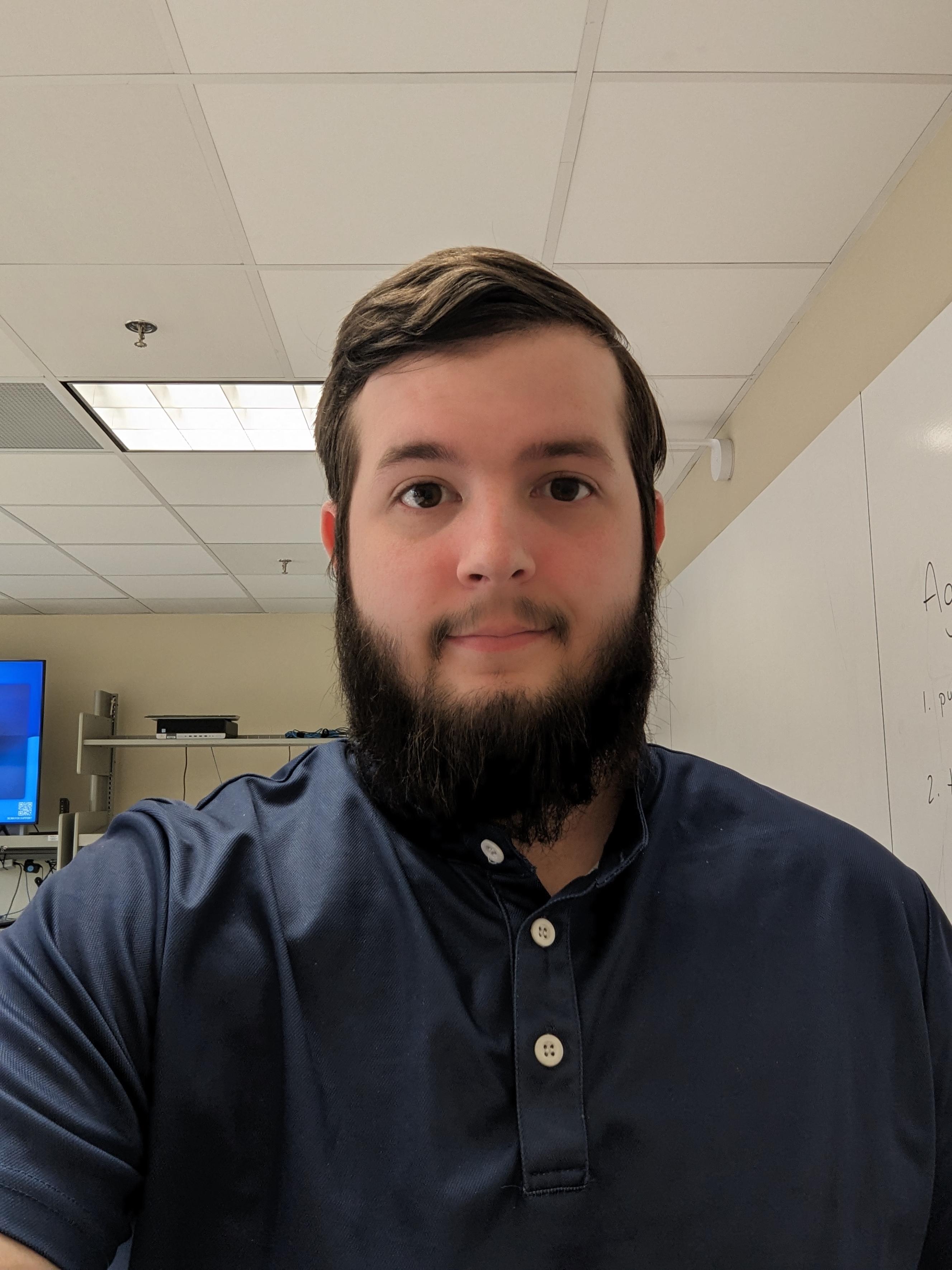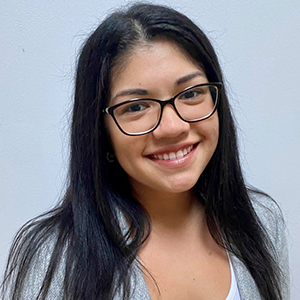Why Your Internship Should Be In the Transportation Industry
At Crowley, we are constantly looking for innovative ideas, and we believe rising talent can make a difference in our industry and the communities we serve. For college students with internships, what remains with them after completion are the lessons that guide them to their next career development step – and our industries’ advancement.
Building up a career can be equally challenging and satisfying. According to Freemont University, studies have proven that a college degree is one way to start a career, but along with a degree comes the need for training and experience. That’s where Crowley’s internship program comes in. At Crowley, we focus on hands-on experiences in finance, data engineering and science, maritime roles, marketing and communications and other parts of the company.
We provide our interns with daily and weekly projects, mentoring sessions, job shadowing and the ability to exchange ideas with other team members plus tailored experiences that benefit their development.
Crowley’s internship program is designed to advance interns’ talents and knowledge and combine them within our organization’s purpose while supporting the development of the career they’re looking for. It’s much more than a job title, our interns will most importantly learn about themselves — their skills, strengths and other development areas.
Why intern in the transportation industry?

The transportation industry is competitive and constantly growing. As part of it, we help the planet stay connected by moving the things that make the world move forward. 2015 intern and Crowley digital marketing specialist Erin Fouraker chose our industry because of her interest in global business. “The logistics industry is not limited to those studying transportation and logistics. Whether you’re interested in marketing, accounting, operations or logistics, there’s a place for you within the industry and at Crowley.”
Besides our Summer Internship Program Crowley also offers a year-long Rotational Development Program for current graduate students and has internal programs like Mentor Me that connects employees with leaders of their choice within the organization to be mentors and help them develop key professional skills.
Fouraker recommends, “My advice for upcoming interns is to focus on identifying your professional interests during your internship and connect with fellow employees who are experienced in that area. Never be afraid to reach out to others to learn from them. Mentoring is a fantastic opportunity to ask questions and learn from experienced leaders.”
A Valuable Internship Experience.
For tech enthusiasts looking for a unique and valuable internship experience, the transportation industry could be the perfect place to start. Charles Lebus, who started as a desk-side intern and now is a specialist in end-user technology support at Crowley, said the industry has a lot more to offer than meets the eye. He has seen firsthand how much Crowley impacts and encapsulates more than just transportation.

Lebus was surprised to learn just how much goes on behind the scenes to support and advance the company’s purpose.
“I would recommend someone in the tech field to intern with Crowley, and I would expect them to have a robust internship experience. As an intern, you will directly assist with current business duties and projects in progress, providing an understanding of how the company and roles operate,” Lebus said.
Additionally, Lebus noted that interns can shadow team members in other departments, gaining insight into how different teams interact and cultivating new career paths. Overall, a transportation industry internship may be a fit for those looking to gain valuable skills, work experience and professional knowledge while building a solid network of connections.
Not all internships are the same
Crowley’s culture is unique, and our interns experience a safe and welcoming environment for three months and learn from talented teams. When looking at internship programs, it is important to keep in mind that they are about learning and experiencing real-world work to unleash your talent and discover new things you didn’t know you were great at.

“I started in the corporate communications department helping to keep our employees all over the world connected and informed. Doing that exposed me to all of Crowley’s business units,””, said Erica Ho, who served as an intern and now is a business development specialist in our government solutions. “Knowing nothing about the logistics industry was tricky, but I had the best team to teach me how to succeed in this field. I currently create relationships with IT companies to leverage Crowley in the federal sector as an experienced provider of tailored Government Solutions.”
Working within an international organization like Crowley brings students and professionals incredible opportunities to communicate and collaborate with co-workers that have diverse backgrounds. This makes the experience much more dynamic, allowing interns to expand their understanding of teamwork.
With a daily commitment to innovation and collaboration, our diverse team of more than over 7,000 people fulfill our purpose while embodying our core values of Integrity, Sustainability and Drive. We seek to partner with driven individuals who are ready to elevate their careers with us and help us to continue our industry leadership, to challenge what’s possible and to embrace the power of inclusion.
2024 Central America Labor Day Holiday Schedule
The following schedule outlines the Labor Day (May 1) holiday schedule for Crowley offices and ports in Central America: Location Labor Day (05/01/2024) Costa Rica – Moin (Port) Regular Hours Costa Rica Bookings/Documentation Regular Hours Costa Rica Warehouse Closed El Salvador Bookings/Documentation(Northbound cargo) Closed El Salvador Customs Brokerage & Warehouse Closed Guatemala – Santo Tomas […]
Read MoreInland Cost Monitoring
For March 2024, the CASS Index, which is used to monitor and evaluate U.S. Inland rates reflected an average of 140.830. As a result, inland rates will remain unchanged. Please find additional details related to the CASS Index here. The Department of Energy’s retail on-highway diesel prices all types of index weekly average for the month of March, […]
Read More